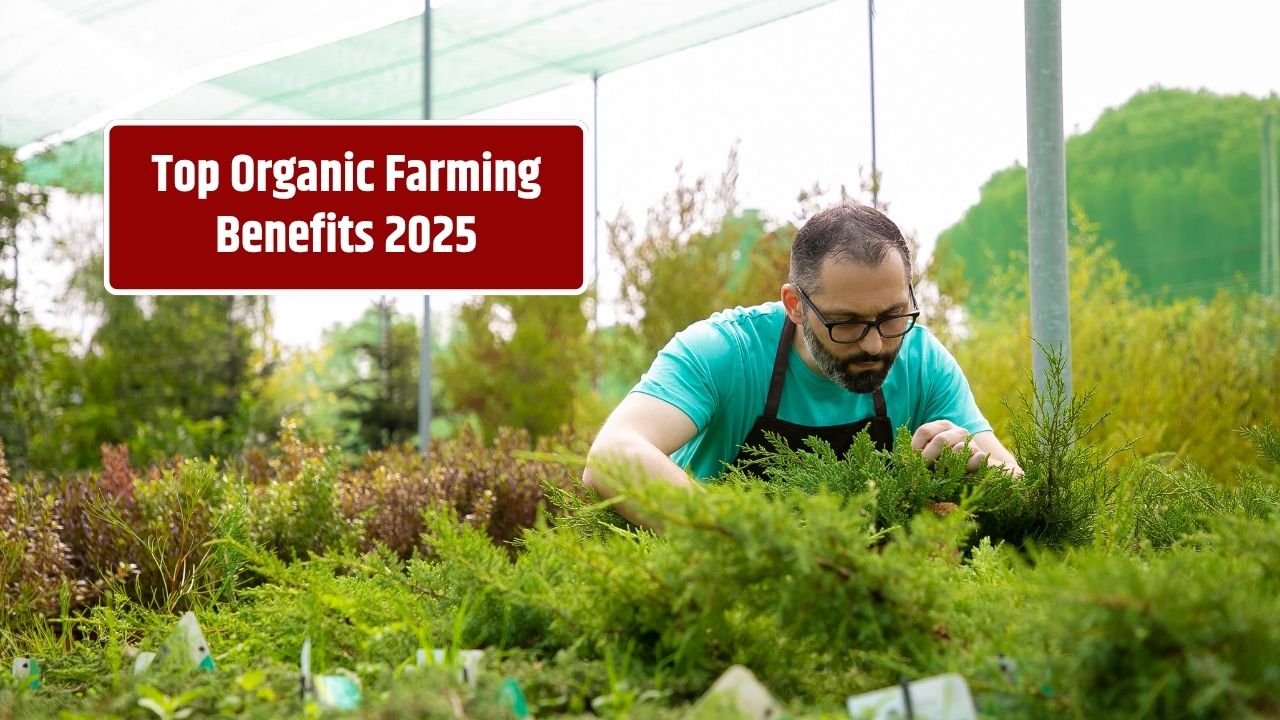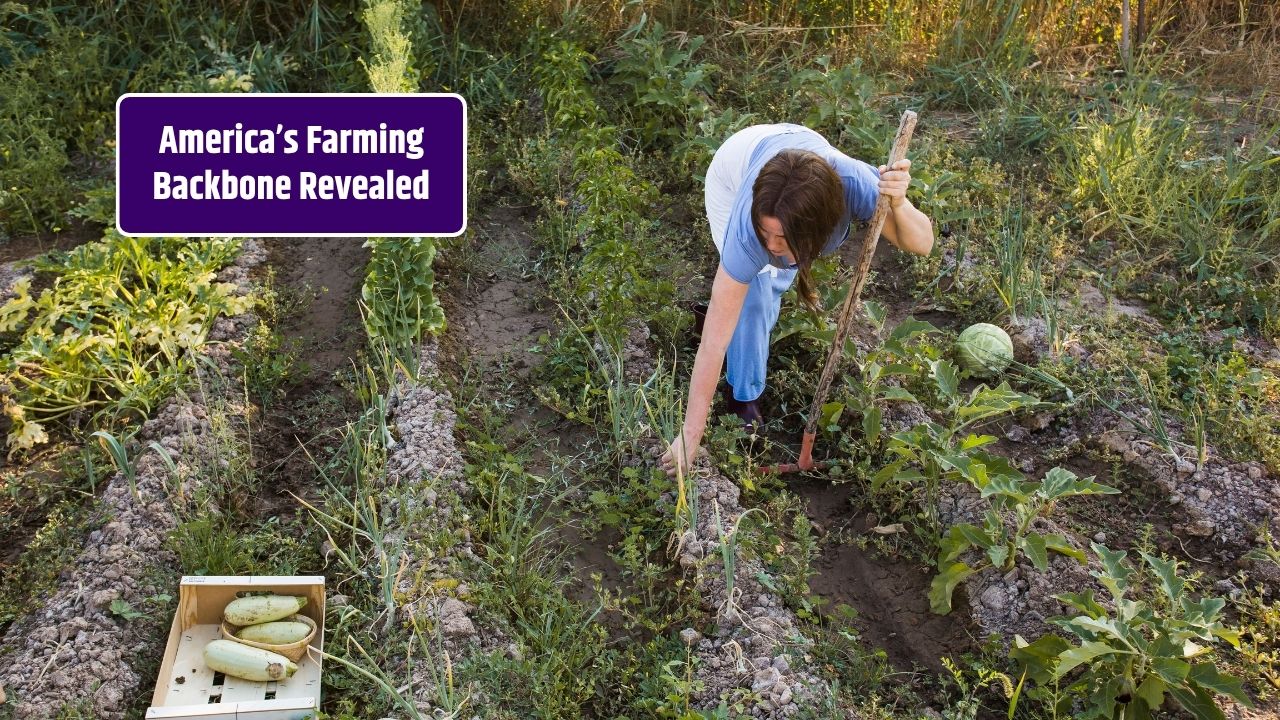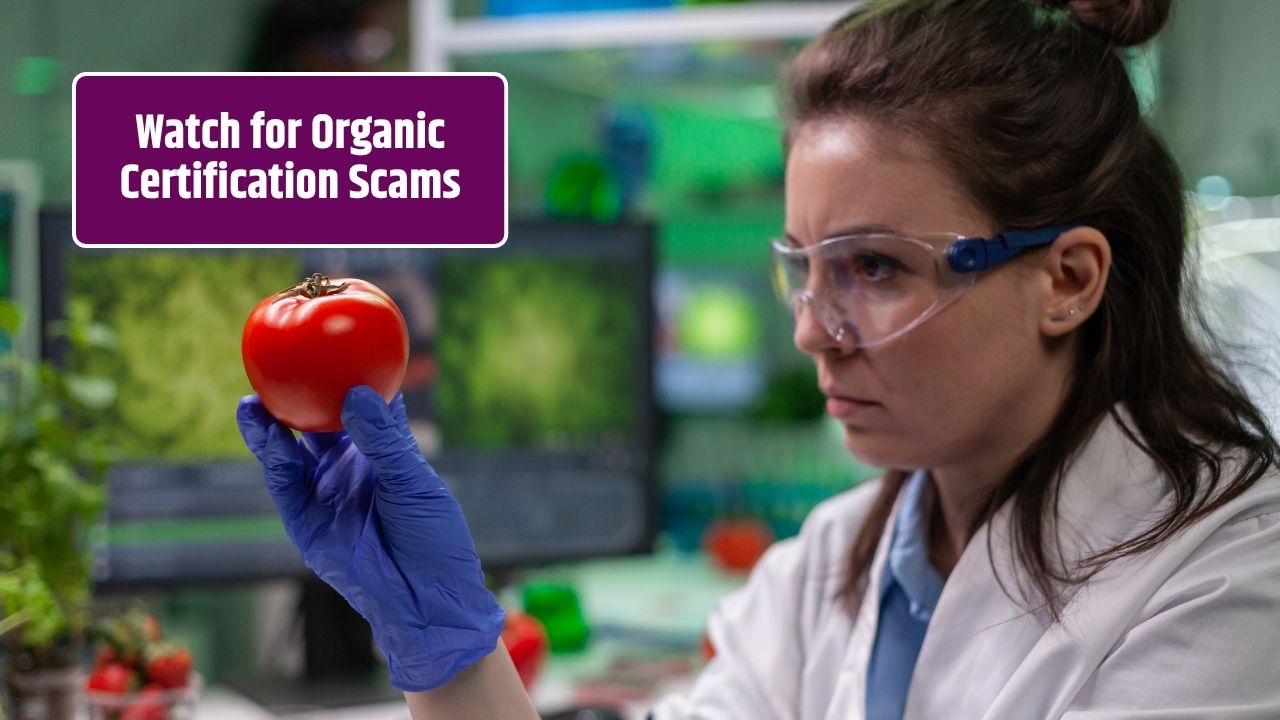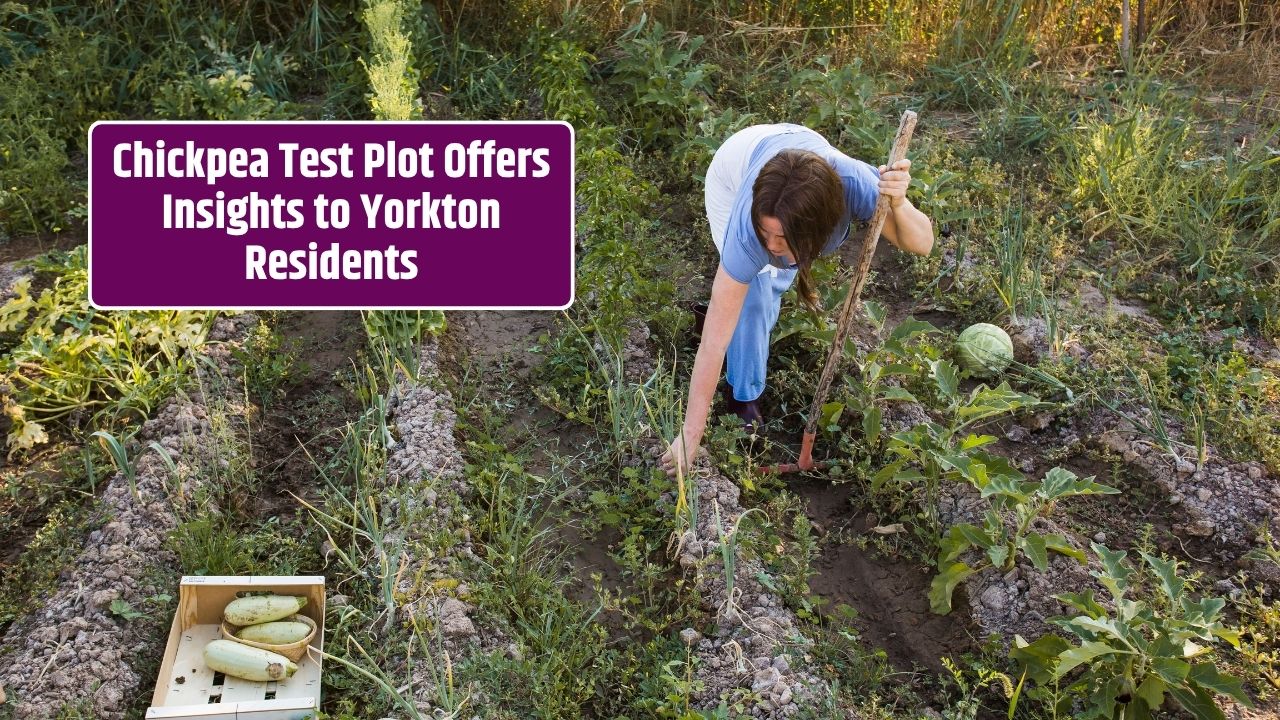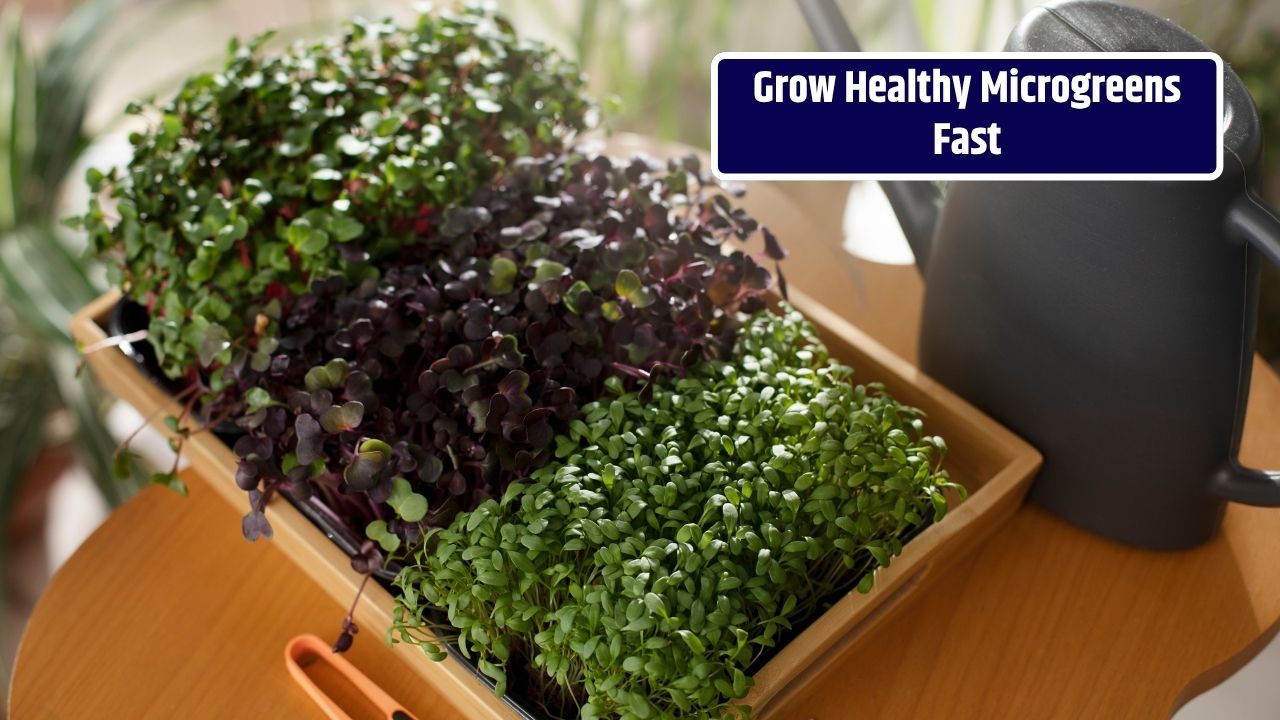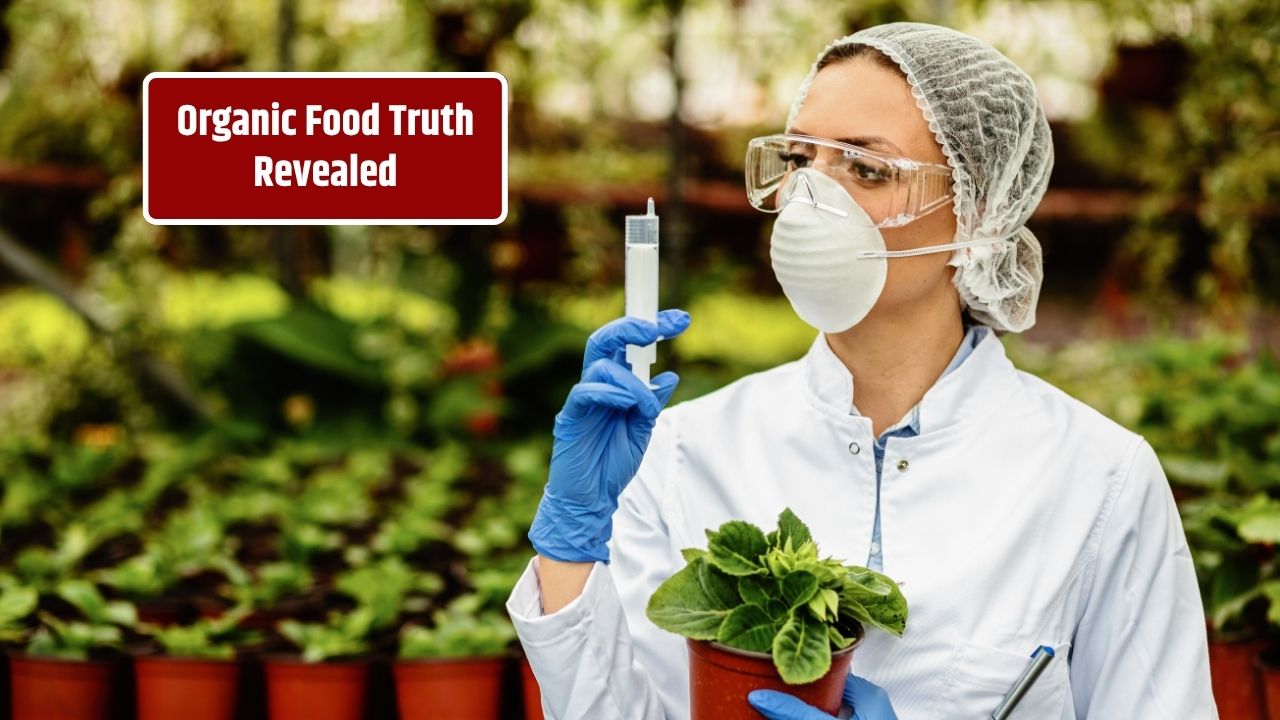With rising concerns about health, sustainability, and food security, organic farming is gaining momentum—especially among small farmers. Unlike conventional farming, organic practices rely on natural processes and inputs, minimizing environmental harm and improving soil health. But for small-scale farmers, the benefits go beyond just producing chemical-free crops. From improved yields to market opportunities, switching to organic can be a smart, long-term strategy.
Below, we explore 10 proven benefits of switching to organic farming for small farmers.
Table of Contents
1. Healthier Soil Over Time
Organic farming emphasizes composting, crop rotation, and the use of green manure—all of which help restore and maintain healthy soil. Over time, these practices increase soil fertility, structure, and biodiversity, which leads to better yields and more resilient crops.
2. Reduced Input Costs
By eliminating synthetic fertilizers, pesticides, and genetically modified seeds, small farmers can significantly reduce their input costs. While transitioning may require upfront effort and training, the long-term savings on chemicals and energy can be substantial.
3. Premium Prices and Higher Profit Margins
Organic produce often fetches a premium price in local and international markets. Consumers are willing to pay more for food they perceive as healthier and environmentally friendly. This allows small farmers to earn higher margins and improve their financial stability.
4. Improved Ecosystem and Biodiversity
Organic farms support richer ecosystems. By avoiding synthetic chemicals, these farms promote pollinator health, beneficial insects, and wildlife. This helps create a balanced farming environment that reduces the need for chemical interventions.
5. Resilience to Climate Change
Organic farming practices, such as mulching and composting, help retain soil moisture and reduce erosion. These techniques improve resilience to extreme weather conditions like droughts and floods, making small farms more climate-adapted.
6. Stronger Market Demand
The demand for organic products continues to grow globally. Retailers and consumers are actively seeking out certified organic goods. This shift opens up new local and export opportunities for small-scale producers who adopt organic practices.
7. Better Long-Term Yield Stability
While organic farming may initially show lower yields during the transition period, it often leads to stable and sustainable yields over time. With improved soil health and natural pest management, farmers can produce consistently without over-reliance on external inputs.
8. Improved Farmer and Consumer Health
Eliminating synthetic pesticides and fertilizers reduces health risks for farmers and their families. This also translates to healthier food for consumers, supporting public health goals and reducing long-term healthcare costs in farming communities.
9. Community Development Opportunities
Organic farming often involves local supply chains, cooperatives, and farmer networks. This fosters community development, knowledge-sharing, and collective marketing efforts that benefit small farmers economically and socially.
10. Access to Government and NGO Support
Many governments and nonprofit organizations offer subsidies, technical training, and certification support for organic farmers. Smallholders can benefit from these resources to ease their transition and reduce initial risks.
Comparison Table: Organic vs. Conventional Farming for Small Farmers
| Criteria | Organic Farming | Conventional Farming |
|---|---|---|
| Soil Health | Improves over time | Depletes due to chemical use |
| Input Costs | Lower (natural inputs) | Higher (synthetics & machinery) |
| Market Prices | Premium pricing | Standard pricing |
| Pest/Disease Control | Natural methods | Chemical-based control |
| Climate Resilience | High | Low to moderate |
| Health Impact (Farmer) | Lower exposure to toxins | High exposure to chemicals |
| Long-Term Profit Potential | Higher with stability | Variable |
Switching to organic farming is more than just a lifestyle change—it’s a strategic move for small farmers seeking sustainability, profitability, and resilience. While the transition may present initial challenges, the long-term benefits far outweigh the short-term costs. With growing consumer awareness and institutional support, organic farming presents a future-proof path for smallholders looking to thrive in an evolving agricultural landscape.
FAQs
Is organic farming profitable for small farmers?
Yes. While there may be initial lower yields, organic produce often sells at premium prices, resulting in better profit margins in the long term.
How long does it take to convert to organic farming?
It typically takes 2–3 years to achieve organic certification, during which farmers must avoid synthetic chemicals and adopt organic practices.
Are organic farming methods labor-intensive?
They can be, especially in the early stages. However, they also reduce dependency on expensive machinery and inputs.

